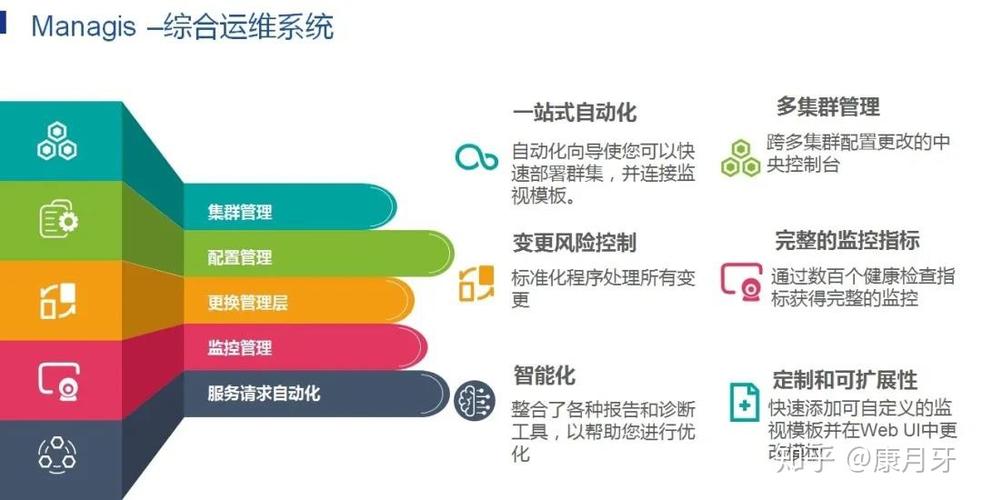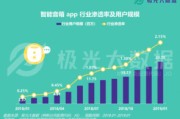大数据思维是指在面对海量、高维、多样的数据时,采用一种全新的思维方式进行数据分析、挖掘和应用的能力。大数据思维不仅仅是对数据规模的认识,更重要的是对数...
2024-05-21 103 大数据思维的核心思想 大数据思维是指什么 请阐述什么是数据治理 请阐述什么是数据清洗 阐述什么是大数据
In the contemporary era, the integration of big data into ideological and political education has emerged as a pivotal strategy for fostering informed citizenship, promoting ideological cohesion, and enhancing governance effectiveness. The utilization of big data analytics in ideological and political education can profoundly impact various sectors, including academia, government, and social organizations. Here, we delve into the objectives and strategies concerning the integration of big data in ideological and political education.
Big data analytics can be leveraged to monitor and analyze public sentiment, providing insights into prevailing attitudes, concerns, and trends within society. By understanding public sentiment, policymakers can formulate more responsive and effective policies that resonate with the populace.
Big data enables the customization of educational content based on individual preferences, learning styles, and ideological inclinations. Through personalized learning experiences, ideological and political education can be made more engaging, relevant, and impactful for diverse audiences.
Utilizing big data analytics, ideological and political educators can identify specific demographic groups or communities that may require targeted educational interventions. This targeted approach ensures that educational resources are allocated efficiently, maximizing their impact.
Big data facilitates the assessment of the effectiveness of ideological and political education programs by tracking various metrics such as engagement levels, knowledge retention, and behavioral changes. This datadriven approach enables educators to refine their strategies and optimize educational outcomes continually.
Integrating big data into ideological and political education empowers decisionmakers with actionable insights derived from comprehensive data analysis. Informed decisionmaking based on empirical evidence contributes to more robust governance and policy formulation processes.
Establish robust mechanisms for collecting, aggregating, and integrating diverse sources of data relevant to ideological and political education. This includes social media data, online forums, survey responses, and demographic information.
Employ advanced analytics techniques such as natural language processing, sentiment analysis, and machine learning algorithms to extract meaningful insights from big data sets. These techniques enable the identification of patterns, correlations, and trends that inform educational strategies.
Develop and deploy personalized learning algorithms that tailor educational content and experiences to the individual preferences and characteristics of learners. Adaptive learning platforms can dynamically adjust content delivery based on realtime feedback and performance metrics.
Prioritize ethical considerations and data privacy principles throughout the implementation of big data in ideological and political education. Ensure transparency, consent, and data protection measures to safeguard the rights and privacy of individuals.

Establish a framework for continuous monitoring and evaluation of the effectiveness and impact of big datadriven educational initiatives. Regular assessment and feedback loops enable iterative improvements and optimization of educational strategies over time.
Foster interdisciplinary collaboration between experts in big data analytics, education, psychology, sociology, and political science. Integration of diverse perspectives and expertise facilitates the development of comprehensive and contextually relevant educational interventions.
The integration of big data into ideological and political education holds immense potential for advancing the goals of informed citizenship, ideological cohesion, and effective governance. By harnessing the power of big data analytics, educators and policymakers can gain unprecedented insights into public sentiment, customize educational content, target specific demographics, evaluate effectiveness, and enhance decisionmaking processes. However, successful implementation requires a strategic approach, ethical considerations, and interdisciplinary collaboration to realize the transformative impact of big data in ideological and political education.
标签: 大数据思维的核心思想 大数据化思政教育 财务大数据的认识和思政联系案例 大数据思政方面的论文 关于大数据思维描述不正确的是
相关文章

大数据思维是指在面对海量、高维、多样的数据时,采用一种全新的思维方式进行数据分析、挖掘和应用的能力。大数据思维不仅仅是对数据规模的认识,更重要的是对数...
2024-05-21 103 大数据思维的核心思想 大数据思维是指什么 请阐述什么是数据治理 请阐述什么是数据清洗 阐述什么是大数据

大数据思维与信息化技术大数据思维是指一种以数据为核心,通过对海量数据的采集、存储、处理和分析,获取深层次洞察,并在决策和创新中应用的思维方式。信息化技...
2024-05-17 873 大数据思维的核心思想 大数据思维特征 大数据思维提升

大数据时代下的思想政治课随着信息技术的迅速发展和大数据时代的到来,思想政治课的教学与传播也面临着新的挑战和机遇。在这个数字化、信息化的时代,如何将思想...
2024-05-10 632 大数据思政方面的论文 跟大数据有关的课程思政 大数据时代下的思政课教学论文 大数据思政元素 大数据时代思政教育

形式主义是指只注重形式、外表,而忽视实质和内涵的思维方式。大数据思维是指通过大数据技术和方法,挖掘、分析和利用海量数据来解决问题和做出决策的思维方式。...
2024-05-09 250 大数据思维的核心思想 大数据思维范式 形式主义大数据思维的特征 形式主义的认识和理解 形式主义的思维